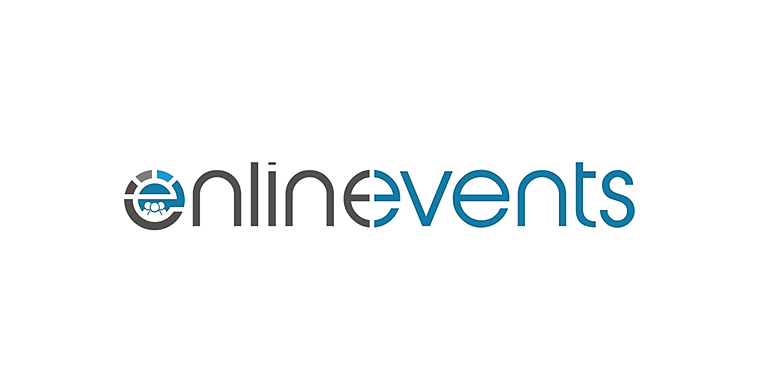Therapy is entwined with countercultural movements. In the 1960s, the Esalen centre in California attracted the likes of Abraham Maslow, Carl Rogers, Fritz Perls, Gregory Bateson, Timothy Leary, Alan Watts, and Aldous Huxley (amongst many others). Esalen is also (in)famous for developing the use of ‘encounter groups’.
The use of psychedelics such as LSD was also common at that time. Leary’s proselytising mantra ‘Turn on, tune in, drop out’ combined with Ken Kesey’s ‘acid tests’ evolved into a massive ‘hippie’ counterculture espousing the joys of ‘free love’ and ‘sex & drugs & rock & roll’. Perhaps this threat of unrestrained sexuality and hedonism is what led to LSD being made illegal in all the states of the USA by 1968.
In the UK, the crossover between countercultures and therapy might also be found at places such as Findhorn from the 1960s onwards; R.D. Laing, as a psychiatrist, was able to legally prescribe and did prescribe LSD to his patients (LSD was made illegal in the UK in 1966). The USA and the UK’s countercultural movements intertwined with each other as much as countercultures entwined with what Furedi has called ‘therapy culture’.
For a while, it seemed like the relevance of these countercultural manifestations to contemporary therapeutic practice had almost disappeared. Especially in the world of therapy which has gradually lost its radical connotations. Humanistic therapies found themselves more and more marginalised in a scientistic and audit-driven mainstream culture. But in recent years, with the foundation of the Multidisciplinary Association for Psychedelic Studies (MAPS) founded in 1986 in the USA and the Beckley/Imperial Research Programme in 2009 in the UK (evolving into the Imperial Psychedelic Research Centre in 2019), it seems the counterculture is coming back into the mainstream with implications for therapy and therapists. The practice of psychedelic-assisted therapy, for instance, is on the horizon, with trainings already on offer, in anticipation of a legal climate which might allow such practices.
This interview aimed to explore and understand how therapy has historically and socially been allied with countercultural movements and how those movements relate to mainstream culture and mainstream therapeutic practices. The interview hoped to be controversial, interesting, and fun!
Course Content
Presenter

Jay Beichman PhD. has been practising as a therapist for over 20 years. In 2019, Jay was awarded a PhD in counselling and psychotherapy from the University of Brighton in 2019. His thesis, available for free at jaybeichmanwriter.com is title “How Counsellors and Psychotherapists Make Sense of Pluralistic Approaches to Therapy.”


